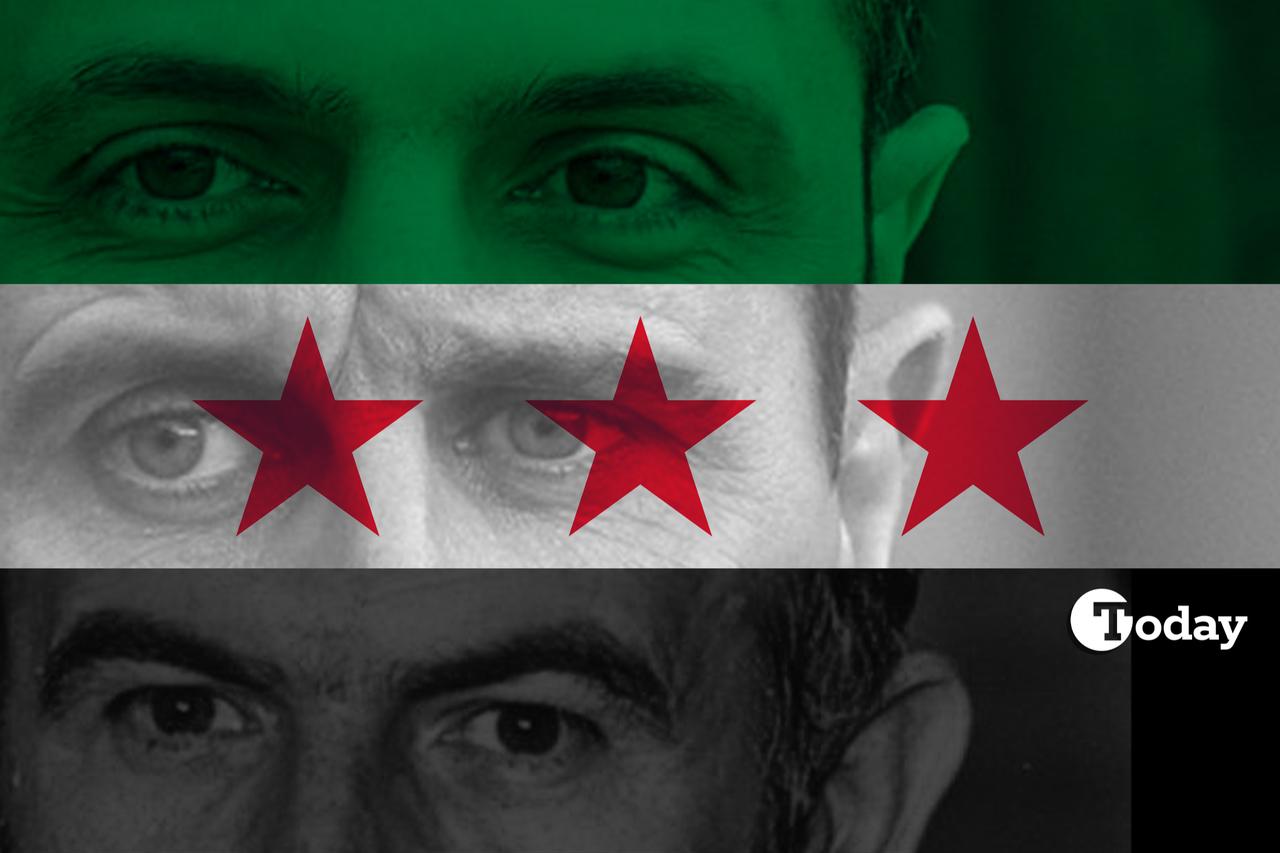
When Syrians revolted against the Assad regime, one of their central demands was the basic right to vote in free elections. Now, with Assad gone, the country is entering a fragile transition period, trying to recover from nearly 14 years of war.
While Syria is far from ready to hold nationwide free elections, Syrians are about to experience their very first, albeit indirect and imperfect, electoral process.
According to the transitional constitutional declaration, Syria will form a new transitional parliament to guide the legislative branch until direct elections can be held in five years. Under this arrangement, one-third of the 210 parliament members will be appointed directly by the Syrian president. At the same time, the remaining two-thirds will be chosen through indirect elections overseen by the election committee.
The election committee has already taken significant steps toward this goal. Syria has been divided into 60 election zones, each electing three parliament members.
Zones with more than 600,000 residents will elect an additional three members for every 250,000 residents. For example, Damascus—according to the recognized 2011 Syrian census—will send nine members to parliament.
Each election zone is managed by a sub-committee, whose size matches the number of parliamentarians the zone will elect. Thus, Damascus’s sub-committee has nine members. These bodies collect applications from citizens wishing to serve as delegates. Normally, each zone has 150 delegates, but larger zones such as Damascus will have more—in its case, 450.
The committees then select delegates according to 17 strict criteria. At least 20% of delegates must be women, and at least 3% must be persons with disabilities. Beyond that, 70% are drawn from professional backgrounds—scholars, engineers, and the like—while the remaining 30% come from local dignitaries such as tribal leaders or representatives of nongovernmental organizations (NGOs).
This selection phase has, as of now, concluded. Syrians have three days to file complaints or objections to the choices. Once the process closes, delegates in each zone will nominate parliamentary candidates from among themselves. Following limited political campaigns, the delegates will then elect members of parliament from among the candidates.
Though far from perfect and with clear limitations, this indirect election represents the first real electoral experience for Syrians in the post-Assad era. Yet not all Syrians will take part: residents of Hassakeh, Raqqa, and Sweida remain excluded, blocked by ongoing political and military obstacles.